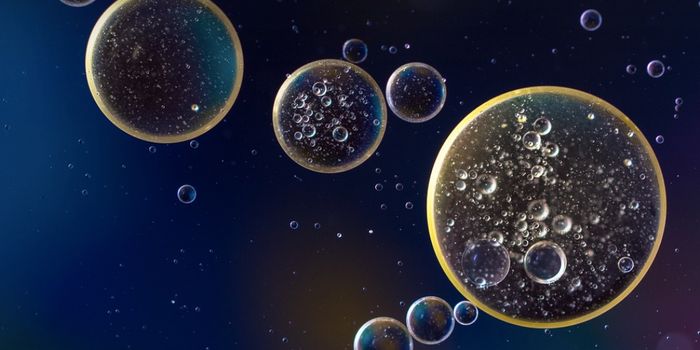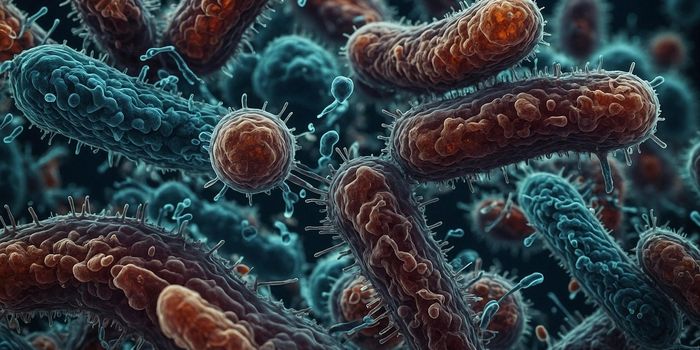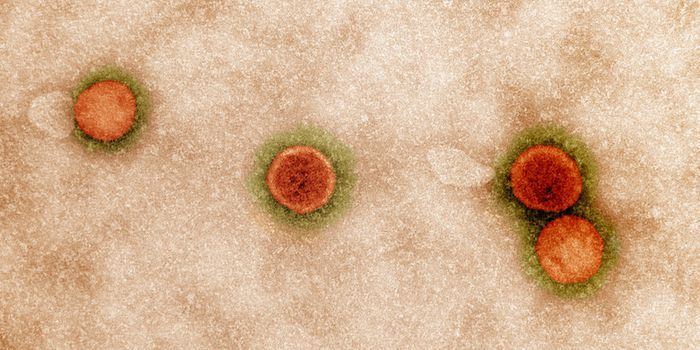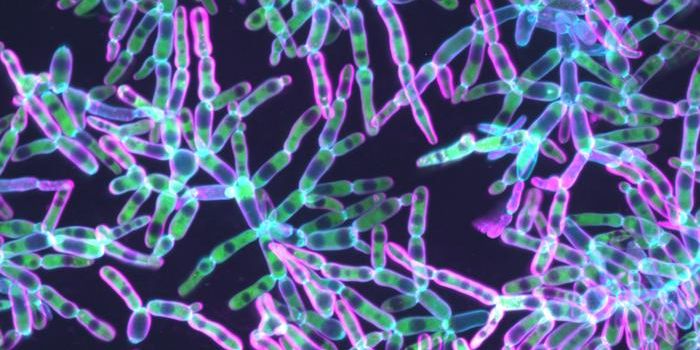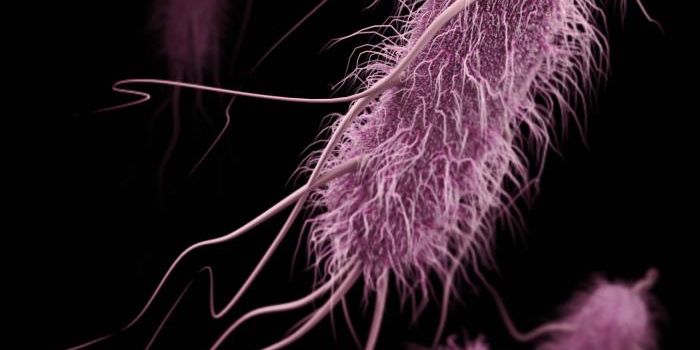The Mechanism Linking Colon Cancer and High Cholesterol
Colon cancer rates are rising, especially among young people, and colorectal cancer is the second leading cause of death in the United States. While the increased rates may be due to better detection methods, scientists still want to know more about what is causing the disease. Researchers at the David Geffen School of Medicine at UCLA set out to investigate how a diet high in cholesterol might increase the risk for colon cancer.
A mouse model was used to research the connection; the investigators found that when animals received a high amount of cholesterol, stem cells in the intestines of those animals were stimulated to divide much faster. That in turn, enabled tumors in the gut to grow one hundred times faster! Reporting in Cell Stem Cell, these findings may also help identify treatments for the disease; the researchers found a signaling pathway that is a good target for colon cancer therapeutics.
"We were excited to find that cholesterol influences the growth of stem cells in the intestines, which in turn accelerates the rate of tumor formation by more than 100-fold," noted the senior author of the report, Dr. Peter Tontonoz, the Frances and Albert Piansky Professor of Pathology and Laboratory Medicine at UCLA. "While the connection between dietary cholesterol and colon cancer is well established, no one has previously explained the mechanism behind it."
For this study, the mice received more cholesterol in their diet, which made its way to the intestinal stem cells. In other experiments, the scientists manipulated a gene that regulates the most common fat in cell membranes, called phospholipids. That also caused the cells to synthesize additional cholesterol themselves. Whether the animals got more cholesterol in their diets or were stimulated to produce more because of genetic engineering, their stem cells had an increased ability to multiply.
Once the cells in those animals began to divide more quickly, the tissue that lines the gut expanded, and the animals' intestines grew longer. Tumor formation in the colons of those animals was also significantly accelerated.
Next, the researchers want to explore the pathway they have revealed, to see if it also speeds up the growth of other kinds of cancer.
Learn more about colon cancer, and who is most at risk, from the Ted Talk in the following video.
Sources: AAAS/Eurekalert! via UCLA, Cell Stem Cell


